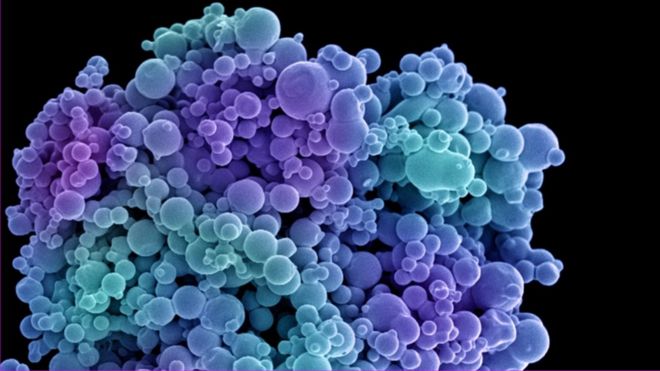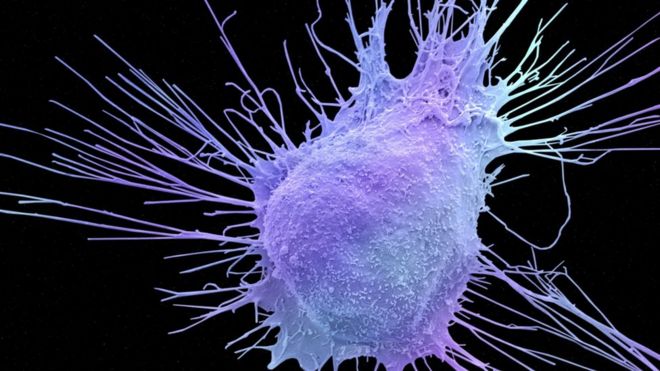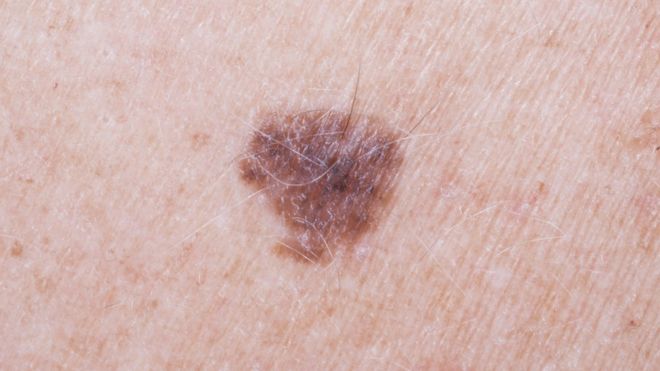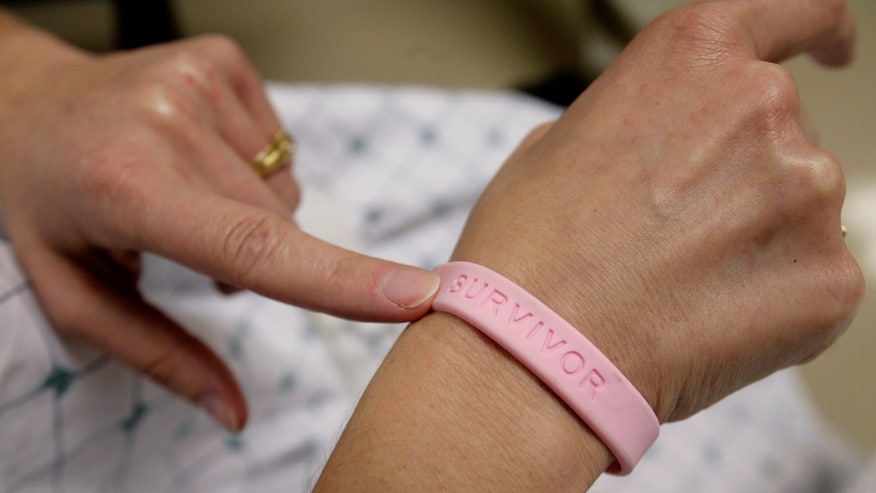The United States Preventive Services Task Force (USPSTF) published new (and controversial) guidelines for screening mammograms back in 2009, and ever since women have been wondering just how early and how often they should have a regular mammogram. Now the American Cancer Society (ACS) has increased the confusion with its own set of new guidelines.
Read More
 Scientists have designed microscopic "grenades" that can explode their cancer-killing payload in tumours.
Scientists have designed microscopic "grenades" that can explode their cancer-killing payload in tumours.
The team will present its findings at the National Cancer Research Institute conference next week.
Read More
 RIYADH: There’s a great risk of contracting cancer by eating 50 grams of processed meat daily, according to an assistant professor of nutrition at King Saud University (KSU).
RIYADH: There’s a great risk of contracting cancer by eating 50 grams of processed meat daily, according to an assistant professor of nutrition at King Saud University (KSU).
 The first drug that targets precise genetic mutations in prostate cancer has been shown to be effective in a "milestone" trial by UK scientists.
The first drug that targets precise genetic mutations in prostate cancer has been shown to be effective in a "milestone" trial by UK scientists.
The study, at the Institute of Cancer Research in London, took place on 49 men with untreatable cancer.
Read More
 Having more than 11 moles on one arm indicates a higher-than-average risk of skin cancer or melanoma, research suggests.
Having more than 11 moles on one arm indicates a higher-than-average risk of skin cancer or melanoma, research suggests.
Counting moles on the right arm was found to be a good indicator of total moles on the body. More than 100 indicates five times the normal risk.
Read More
 Elephants have enhanced defences against cancer that can prevent tumours forming, say scientists.
Elephants have enhanced defences against cancer that can prevent tumours forming, say scientists.
They were trying to explain why the animals have lower levels of cancer than would be expected by their size.
Read MoreMelanoma of the skin, called cutaneous melanoma, is the most common form of melanoma. Noncutaneous, or non-skin melanoma, is much rarer but it is possible for melanoma to develop in other parts of the body. About five percent of all melanomas are noncutaneous.
Read More
But link between N-acetylcysteine and melanoma progression needs more study
A man-made antioxidant appears to accelerate the spread of skin cancer in mice, raising questions about its safety in humans, researchers say.
The antioxidant, N-acetylcysteine, is used to relieve mucus production in patients with chronic obstructive pulmonary disease (COPD), said study senior author Martin Bergo, a professor at the University of Gothenburg in Sweden.
Read More
 Authors cite concerns about extra costs, side effects
Authors cite concerns about extra costs, side effects
Late-stage lung cancer patients in the United States often receive more radiation therapy than recommended, a new study finds.
While radiation therapy can reduce pain and improve quality of life, unnecessary treatments increase costs and hospital visits, and can lead to radiation toxicity and difficulty swallowing, the researchers noted.
Read More
 For people diagnosed with cancer, the risk of cancer death falls as physical activity rises, according to a new analysis of more than 70 existing studies.
For people diagnosed with cancer, the risk of cancer death falls as physical activity rises, according to a new analysis of more than 70 existing studies.